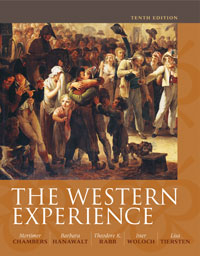| A) | Upper class, a small minority, in Rome; the status was heredity.
|
| B) | Ten Roman plebeians, elected to protect the common people; some of them became powerful political activists.
|
| C) | "Body of three men," a term applied to two such cabals in the Roman Republic.
|
| D) | "Most honored"; name conferred on the first emperor of Rome.
|
| E) | A "new man"; in Roman politics, a man elected consul with no ancestor who had held this office.
|
| F) | Main unit of the Roman army, in principle 6,000 men.
|
| G) | The great mass of Roman citizens; they were not blocked from holding office.
|
| H) | Originally the Roman cavalry; became the business class of Rome.
|
| I) | Power of command held by Roman officers.
|
| J) | Senatus consultum ultimum, "final resolution of the Senate"; an instruction to a consul to "see that the state suffers no harm"; a declaration of martial law, first used in 121 B.C. in Rome.
|
| K) | In the Roman Republic, a supreme officer whose term was limited to six months; this limit was broken by Sulla and Julius Caesar.
|
| L) | Supreme magistrates in the Roman Republic, always holding office in pairs.
|
| M) | The Roman Empire from Augustus down to Diocletian, so named from the republican term princeps, roughly "first citizen."
|





